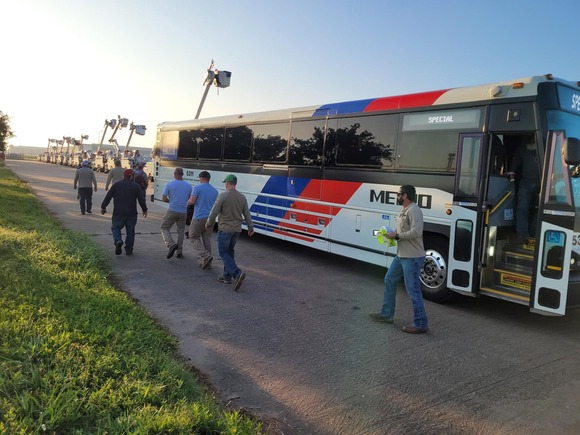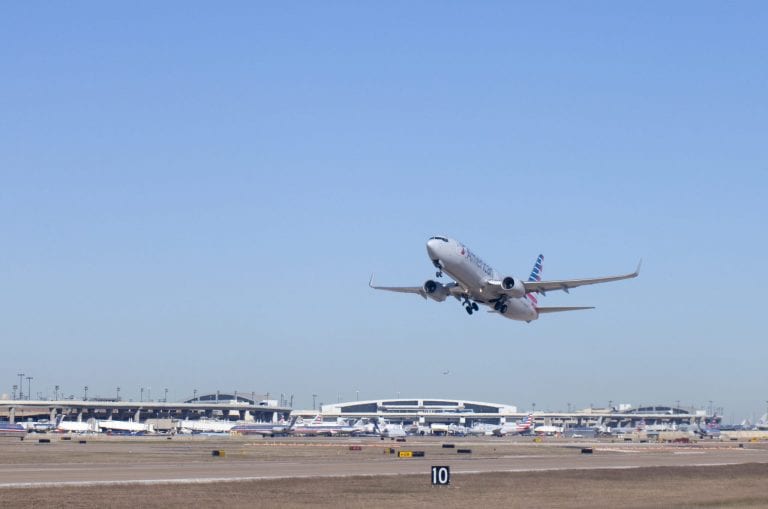
In August of 2017, Hurricane Harvey dumped more than four feet of rain on Houston, inundating neighborhoods and upending thousands of lives.
While METRO is best known for its transit services including bus, light rail, and vanpools, what some may not realize is the integral role METRO played in aiding emergency response efforts to the monster storm.
In addition to supplying buses, which facilitated the move of 15,000 residents into shelters, METRO also aided in the transport of essential supplies using high-water vehicles it had procured after the Tax Day Floods of 2016.
METRO Support Vehicles Superintendent Jack Oviatt said the trucks proved to be invaluable resources.
“Harvey was an all-hands-on-deck event. City and county agencies were overwhelmed and needed every available resource they could get their hands As Flood Events Become a New Normal, METRO Preps for the Next Big Storm on as floodwaters inundated the city and brought life to a standstill.”
It was a situation that cultivated a collaborative, outside-the-box approach to emergency response. For example, METRO teamed up with the Houston Police Department to rescue people and deliver essential supplies using METRO’s BMY 6×6 5-ton military cargo truck.
“We had this massive high-water evacuation vehicle and an experienced driver who knew local roads like the back of his hand,” said Oviatt. “He joined several HPD officers to aid in emergency relief efforts. It was a great partnership.”
After the storm, as METRO recovered and reviewed its operations, Oviatt said the need for additional vehicles became apparent. One year later, the agency now has six high water evacuation trucks, and five Humvee trucks. METRO’s Police Department also donated a flat-bottom boat to the Houston Fire Department. AUGUST 2018 METRO CONNECTIONS Oviatt says another storm like Harvey isn’t just a possibility.
“We live and work in a coastal city, so we have to realize that another storm like Harvey will happen again. We know the importance of training and preparing every year for these events,” remarked Oviatt. “As they say, ‘Fail to plan, plan to fail.’ It’s crucial that we walk away from each catastrophic event with lessons learned. It makes us a more resilient organization and allows us to greater assist people we need to help.”
Source: METRO






